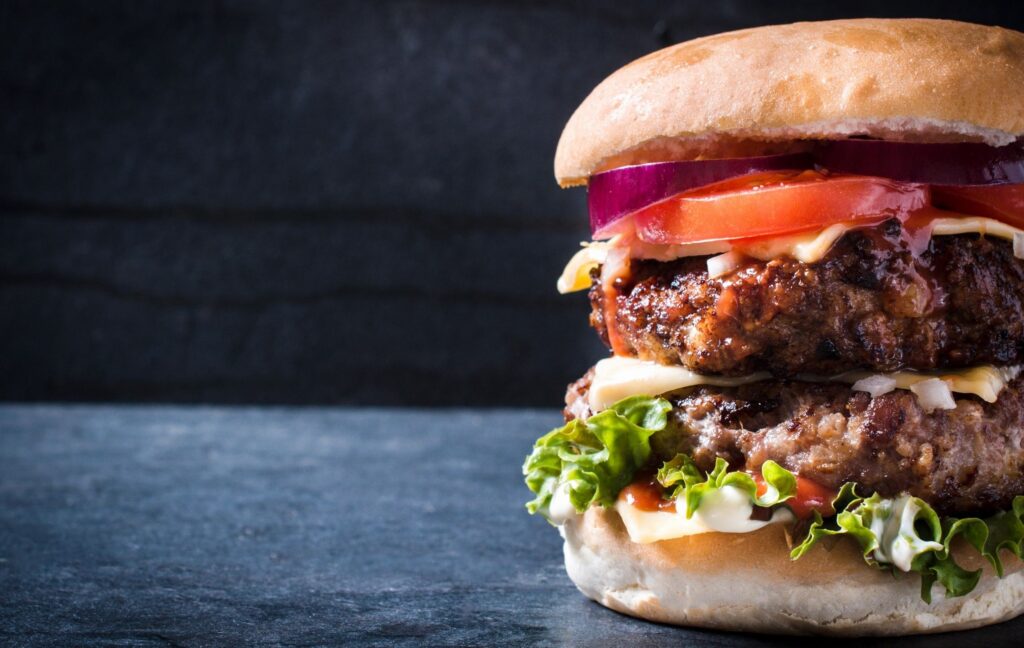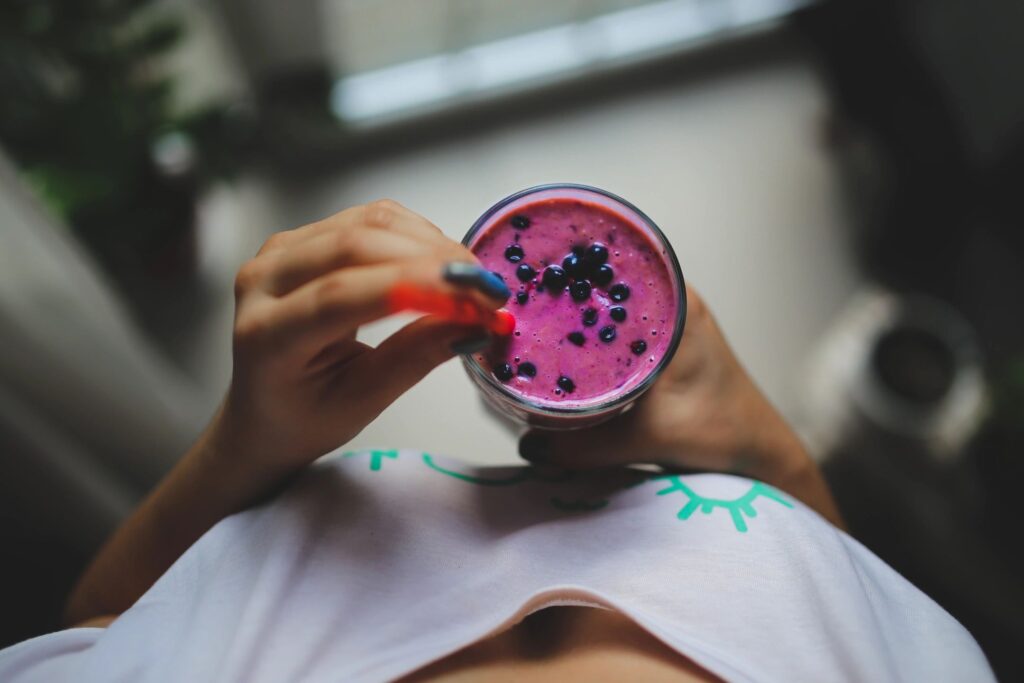Posts Tagged ‘Nutrition’
Looking at the Evidence for Health Warnings on Food and Alcohol
Scientists can show that some behavior has negative health consequences, but the question then becomes how to convince the public to actually engage in that behavior less. We know, for example, that consuming too much unhealthy food and alcohol causes health problems, but that knowledge itself hasn’t put an end to health conditions caused by…
Read MoreThe Dietary Habits of Optimists
It’s solidly established that there appears to be a link between optimism and physical health. This can be seen, for example, from the fact that people with higher levels of optimism tend to encounter fewer health problems as they age. Multiple explanations have been put forward for why seeing the world through rose-tinted glasses might…
Read MoreHungry Kids Don’t Like to Share
It’s hard to be concerned with lofty philosophical principles when you’re hungry. A new study from researchers at University of Chicago underscores this point in the context of an ethical dilemma that children face every day: whether to share. Of course, children aren’t the only ones who need to remember to share, but this particular…
Read MoreSchool Cafeteria Setup Can Promote Healthy Eating Habits
The idea of “nudges” often comes up in research on the psychology of dietary choices. The theory being that certain cues can “nudge” people toward healthier eating habits. I wrote about this topic a few months ago in relation to a study suggesting that using certain types of plates might encourage children to eat more…
Read MoreThe Psychological Separation Between “Meat” and “Animals”
People like animals. People also like to eat animals. This presents an obvious problem. It’s challenging to make a convincing case to yourself that you think animals are cute and want to protect their welfare in between swallowing mouthfuls of pork. You might recognize this as a classic example of cognitive dissonance, where people have…
Read MoreBreakfast Habits and School Performance
“Dear diary, today I had cereal and orange juice for breakfast.” That kind of diary entry might make for fairly boring reading, but it’s exactly what the authors of a recent study on nutrition habits and school performance were interested in. In the study, 294 British teenagers kept food diaries for a week, reporting the…
Read MoreTesting Berry Smoothies as a Brain Superfood
Berries commonly star on lists of “brain-boosting” foods. As I’ve talked about before, there’s some evidence for the idea that berries can enhance cognitive functioning, although it’s not an open-and-shut case. The latest study to examine the relationship between berries and brain functioning comes in liquid form – specifically, in the form of a 400…
Read MoreAmericans’ Unhealthy Ideas About What Breakfast “Should” Be
This week’s theme on the AllPsych Blog appears to be food, and the psychology of healthy eating. In my last post, I talked about how the right plates could act as a “nudge” to encourage children to eat more fruits and vegetables. And fitting with the theme, today’s topic is breakfast, and American-style breakfast in…
Read MoreChoice of Plate Can Help Children Eat Their Vegetables
For centuries, parents have been trying to cajole their children into eating broccoli. Now scientists are here to help. Techniques for convincing children to up their fruit and vegetable consumption are sometimes called “nudges.” Researchers have been investigating these techniques in recent years and found that, in general, nudges do have the ability to influence…
Read MoreWhen Does Comfort Food Really Comfort?
Of the different ways we might deal with negative emotions, eating isn’t necessarily the healthiest. Sure, we might want to reach for a candy bar when we’re feeling down, but eating too many candy bars can bring its own problems! Still, that doesn’t answer the question: does cheering ourselves up with food actually work? Or,…
Read More









